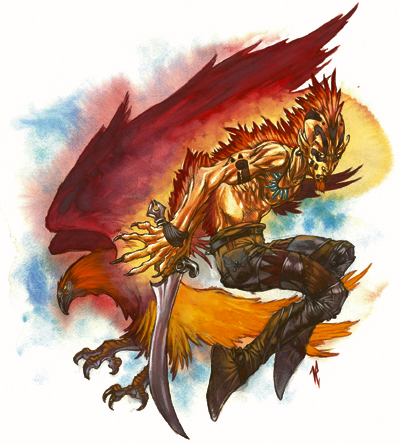

“While players are now explicitly encouraged to swap ability score bonuses and languages in Tasha’s, this really doesn’t address the root problem-essentialism in how D&D races are portrayed. However, players and DMs have been encouraged to change rules as they see fit for a long time in D&D publications-it’s the nature of the game,” Kwan says. “The new supplemental rules in Tasha’s are nice in that they encourage more player choice and freedom in the character-creation process. Tasha’s Cauldron of Everything, WtC’s new book that launches with alternatives to using race, opens with a page and a half that outlines new rules for using races. Photograph: Parker DayĪncestry & Culture: An Alternative to Race in 5e is a 70-page book of alternative rules written by D&D players that’s meant to pull the game away from racial essentialism. Racial essentialism is built into D&D’s DNA, and its recent push for a racial reckoning is a long time coming. This included overhauling the way its books talked about orcs, drow, and other “evil” races, updating past books like Curse of Strahd with an eye to removing racially charged language and stereotypes, releasing new rules that deemphasize racial negatives during character construction, hiring sensitivity readers, and hiring a more diverse pool of freelance writers and artists. In its post, WotC detailed the changes it planned to make to Dungeons & Dragons. “That’s just not right, and it’s not something we believe in.” “Throughout the 50-year history of D&D, some of the peoples in the game-orcs and drow being two of the prime examples-have been characterized as monstrous and evil, using descriptions that are painfully reminiscent of how real-world ethnic groups have been and continue to be denigrated,” Wizards of the Coast said in a blog post in June. But many of its efforts seem half-hearted, and a lot of the work of making Dungeons & Dragons more inclusive has fallen to its fans. The game's publisher, Wizards of the Coast (WotC), knows that and is trying to move Dungeons & Dragons into the future.

Some of its concepts-evil races, descriptions of orcs and half-orcs that mirror racist stereotypes, and the concept of racial disadvantages-don’t make sense anymore in a modern context. It’s a game that was dominated by white dudes for decades and, because of that, it’s got some baggage. As its popularity has soared, so has its player base. Dungeons & Dragons is the oldest and most popular tabletop role-playing game in the world.


 0 kommentar(er)
0 kommentar(er)
